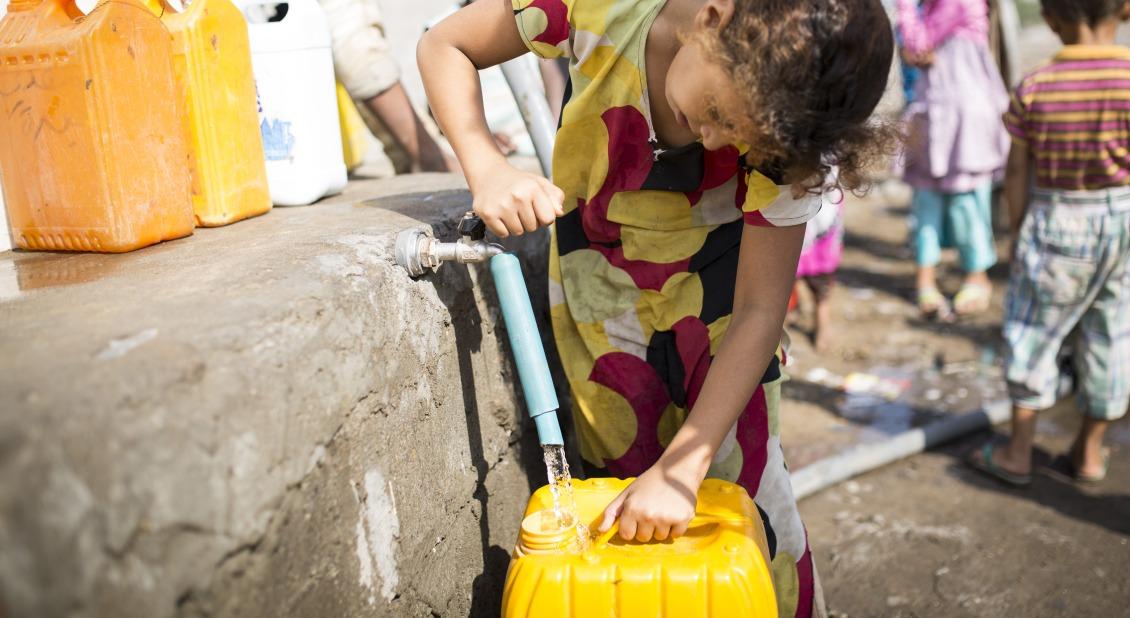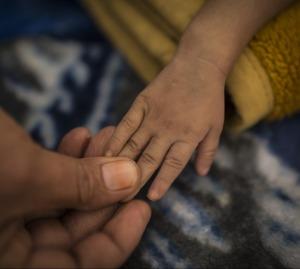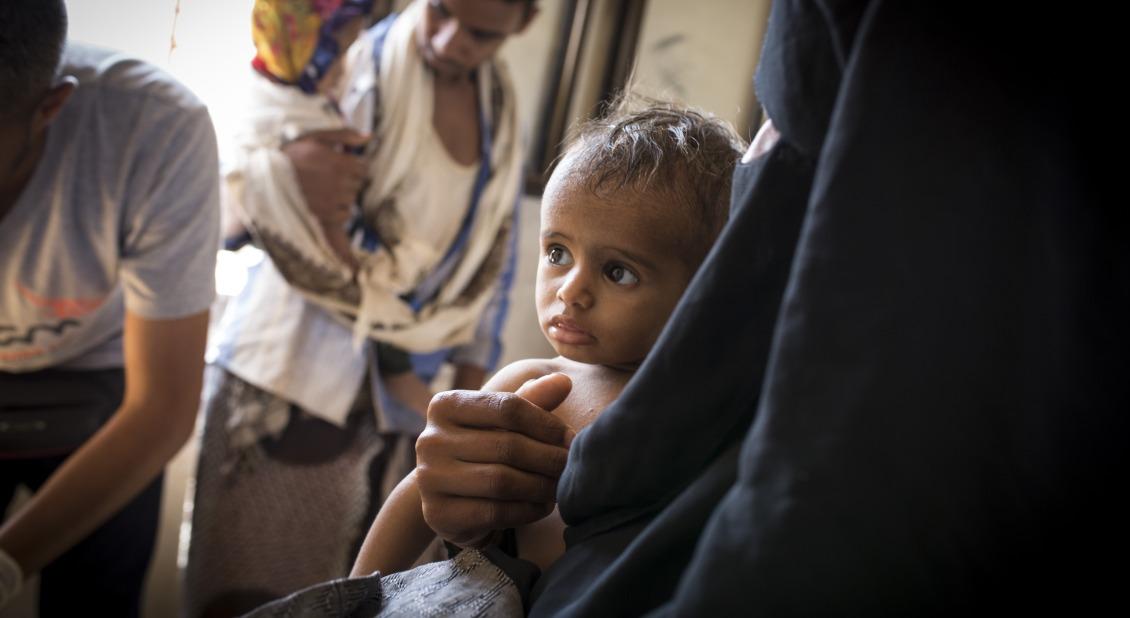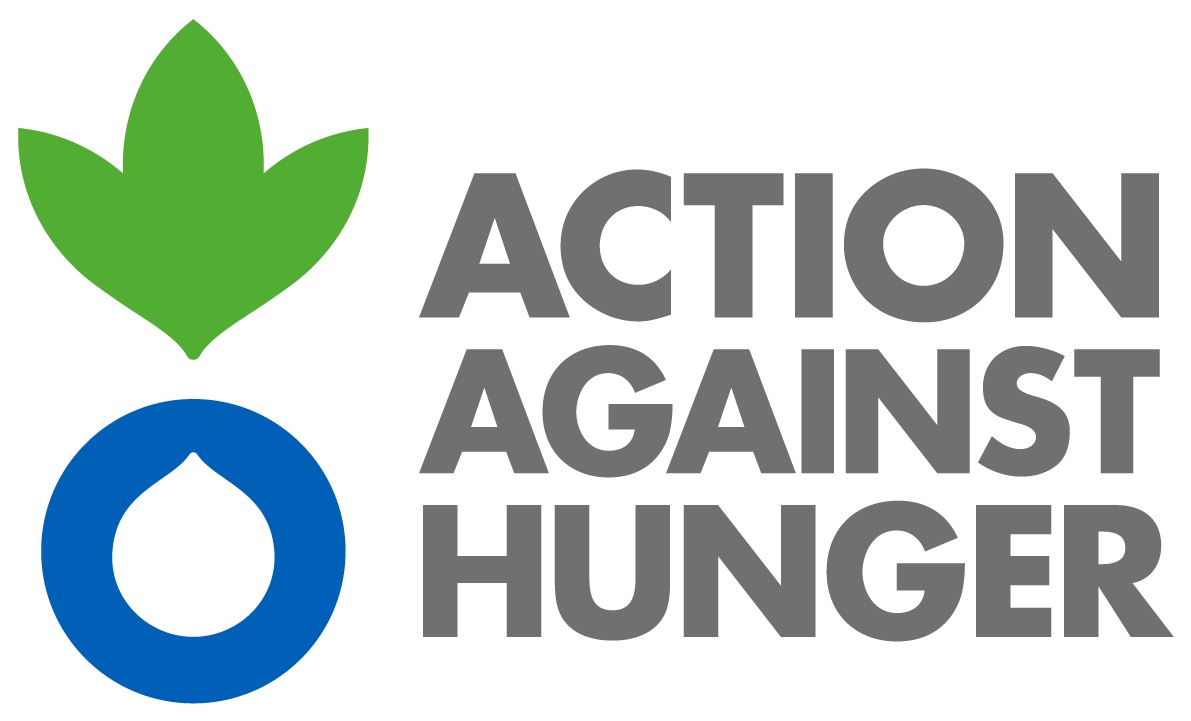Airstrikes in Yemen Limit Humanitarian Access to 17 Million Food Insecure People
Conflict Threatens to Escalate Hunger Crisis
January 18, 2024 /3BL/ - Recent U.S. and U.K. airstrikes in Yemen are threatening civilian populations and limiting humanitarian assistance in parts of the country, where 17 million people are food insecure. U.S. officials say that the airstrikes have targeted areas controlled by the Houthi rebel group, and are in response to the Houthis’ recent attacks on commercial ships in the Red Sea.
The conflict has raised significant concerns about humanitarian conditions in one of the world’s poorest countries, with United Nations Secretary-General Antonio Gueterres calling on all sides not to escalate the situation.
Anne Garella, Director of Operations for Action Against Hunger in the Middle East, said that medicine supply costs have more than doubled in the space of a few weeks. “We are practically out of stock of medicine, and with the current instability, we cannot guarantee that our stocks will be replenished within a reasonable time,” Gardella said. “If the situation continues, there will be dramatic consequences.”
The Yemeni population has been grappling with widespread poverty and food insecurity since civil war broke out in 2015.
Conflict is propelling a hunger crisis, and the Yemeni people also face fuel shortages, unclean water and disease outbreaks. In the last few years, the economy has significantly deteriorated. The Yemeni Rial currency has depreciated, making basic necessities unaffordable. The airstrikes have impacted densely populated areas, such as the capital Sana’a and the port city of Hodeida, further reducing income opportunities for many.
“Yemen is almost entirely dependent on food and medical imports, which are largely transported via the ports of Hodeida and Aden,” said Garella. “With growing tensions in the Red Sea, humanitarian organizations are finding it increasingly difficult to bring in medicines, which are essential to the survival of the population.”
A drop in food supplies could exacerbate the already dire situation. Over 21 million people are in need of humanitarian assistance; and the rate of acute malnutrition among women and children in Yemen remained among the highest in the world: approximately 1.3 million pregnant or breastfeeding women and 2.2 million children under five years old need treatment for acute malnutrition. Despite the scale of the needs, the humanitarian response in Yemen remains underfunded. According to a recent report from Action Against Hunger, over half of Yemen’s population faced crisis levels of hunger or worse in 2022.
Nevertheless, the world’s response was inadequate. The following year, there was a 68% funding gap in Yemen, meaning that only 32% of funding requests were met. In December, 2023, a drop in international funding led the World Food Program (WFP) to announce a “pause” in the General Food Assistance (GFA) program, impacting 9.5 million food-insecure people in northern Yemen.
Peace discussions and negotiations in 2022 left many humanitarian organizations hopeful. “This dialogue led to a reduction in hostilities, making it easier for families to access our services,” said Garella. “Recent events lead us to fear that this lull will be short-lived.”
The recent instability has led to an increase in transport and insurance costs, which will have to be deducted from humanitarian program budgets. Dangers related to the escalating conflict have hampered humanitarian access, especially in remote areas. As many organizations limit operations to ensure staff safety and security, Action Against Hunger continues to provide lifesaving assistance in Yemen.
About Action Against Hunger’s Program in Yemen
Action Against Hunger has operated in Yemen since 2012 and aims to improve the health and well-being of communities across the country. Last year alone, our teams helped more than 334,000 people with health, nutrition, water, and sanitation programs.
We provide medicine, medical equipment, and accessible healthcare to some of the country’s most vulnerable and hard-to-reach people. Our teams carry out mass vaccinations and malnutrition screenings and we help improve access to reproductive health services. Action Against Hunger also supports people facing mental health crises, prioritizing those affected by violence and abuse. Although millions are facing a humanitarian crisis in Yemen, Action Against Hunger is on the ground working alongside local communities and saving lives.
About Action Against Hunger
Action Against Hunger leads the global movement to end hunger. We innovate solutions, advocate for change, and reach 28 million people every year with proven hunger prevention and treatment programs. As a nonprofit that works across 55 countries, our 8,900 dedicated staff members partner with communities to address the root causes of hunger, including climate change, conflict, inequity, and emergencies. We strive to create a world free from hunger, for everyone, for good.





